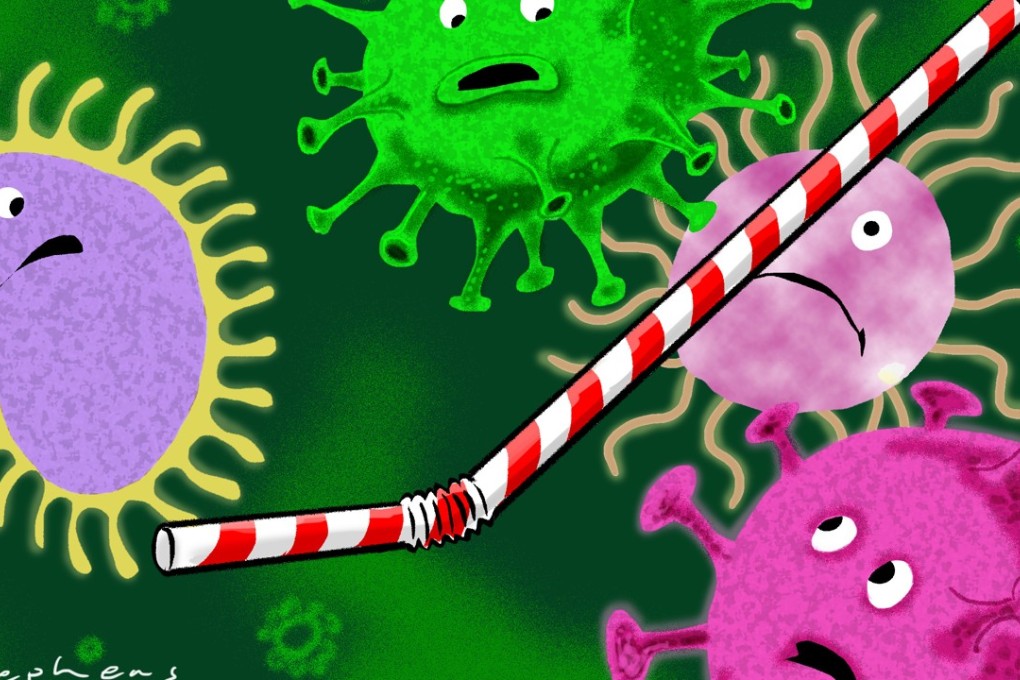Hong Kong businesses’ plastic addiction shows they don’t care about the communities they serve
Doug Woodring says while legislation is important, in Hong Kong we must start with our consumption habits, and that means getting businesses on board to ban or cut back on single-use plastic. We must all start seeing it as the contagious disease it has become

The United Nations Environment Programme estimates that 8 million tonnes of plastic enters the ocean each year from our consumption habits, and Asia is one of the main areas of pollution, due to high populations, heavy rains (which can carry trash from cities to rivers and the ocean), and poor waste management and recycling infrastructure.
Plastic is virtually impossible to avoid in many cases. It is needed across an enormous spectrum of our lives and technologies, from food preservation to medicines. Its traits of being lightweight and easily moulded make it useful but also place a huge burden on the environment when products are not recovered for recycling or properly managed as waste.
There are technically over 40,000 types of plastic, all of which belong to seven basic “families” of polymers. This wide variety and colour variation, all of which are lightweight and extremely durable, means that when products are lost to the environment, they can cause extensive damage for decades to come.
